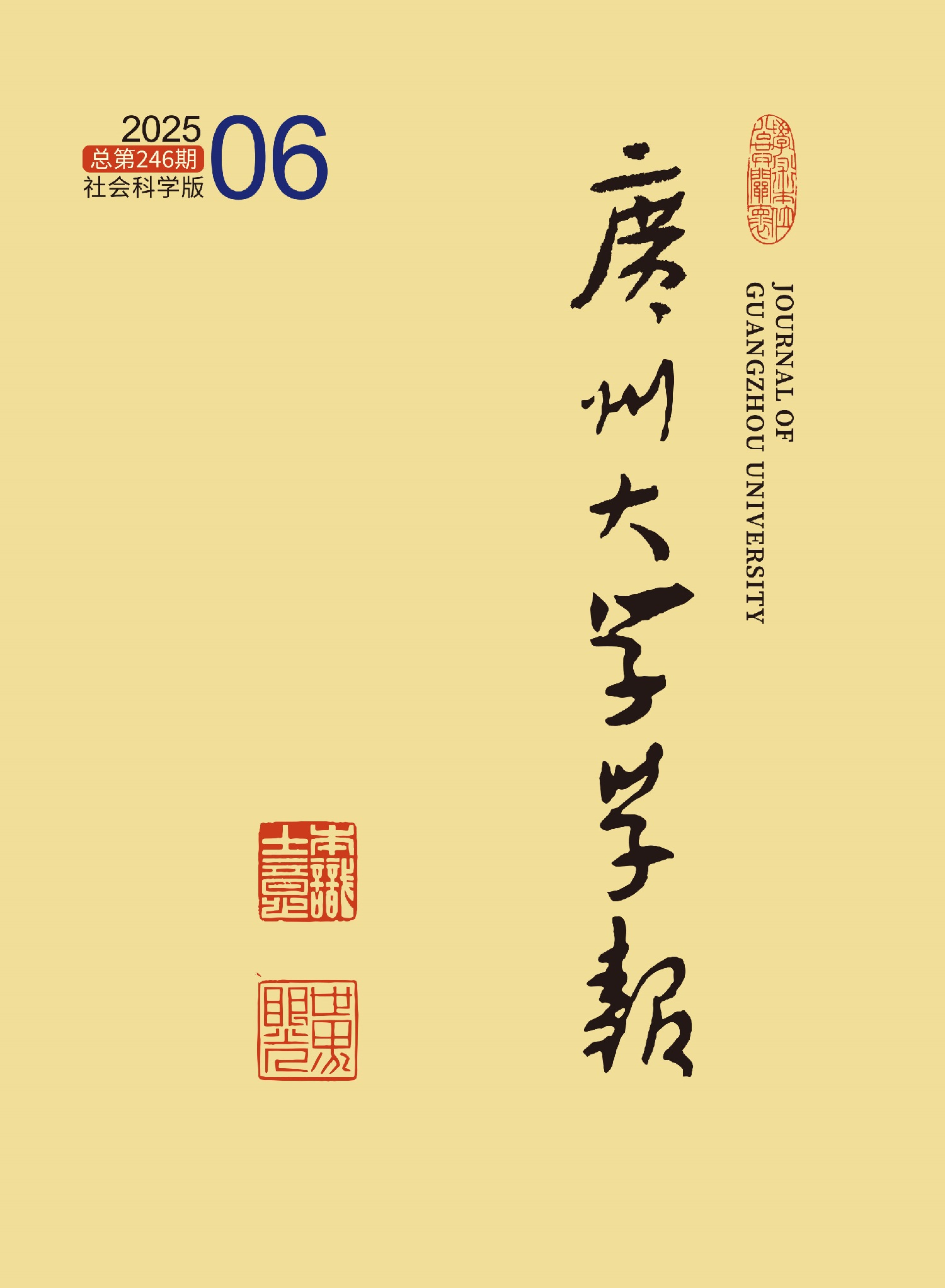LI Dejin
Journal of Guangzhou University (Social Science Edition). 2026, 25(1): 137-148.
 Abstract
Abstract (
)
 Download PDF
Download PDF (
)
 Knowledge map
Knowledge map
 Save
Save
In a broad sense, digital justice encompasses investigation, prosecution, adjudication and judicial administration. Within this framework, digital justice serves both as an assistive system for human judicial tasks and, potentially, as an algorithm capable of autonomous adjudicative reasoning. Accordingly, a broad-sense methodology for studying digital justice must critically review the entire case-handling process through a threefold lens: technical, doctrinal and adjudicative methods. Technically, embedding AI in adjudication promises objectivity, neutrality and efficiency. Yet it risks alienation via “algorithmic black boxes” that may frustrate fair adjudication.. Such black boxes stem from the inherent technical features of algorithms. Hence, algorithmic bias in the digital judicial process is hardly avoidable, and the verifiability of outcomes produced by digital justice remains uncertain. Doctrinally, the advent of digital technology does not subvert legal doctrine; classic categories, including the legal subject, remain valid. Doctrinal issues in the digital realm often manifest as issues within specific branches of law. Adjudicative scholarship must confront three key limitations. First, digital tools offer limited aid in fact-finding and in bridging the distance between case facts and legal norms. Second, digital justice gravitates toward uniform, similarity-driven decisions, hindering differentiated treatment of distinct cases. Third, the operational logic of digital technology may diverge from the judicial duty to decide in accordance with the law.
